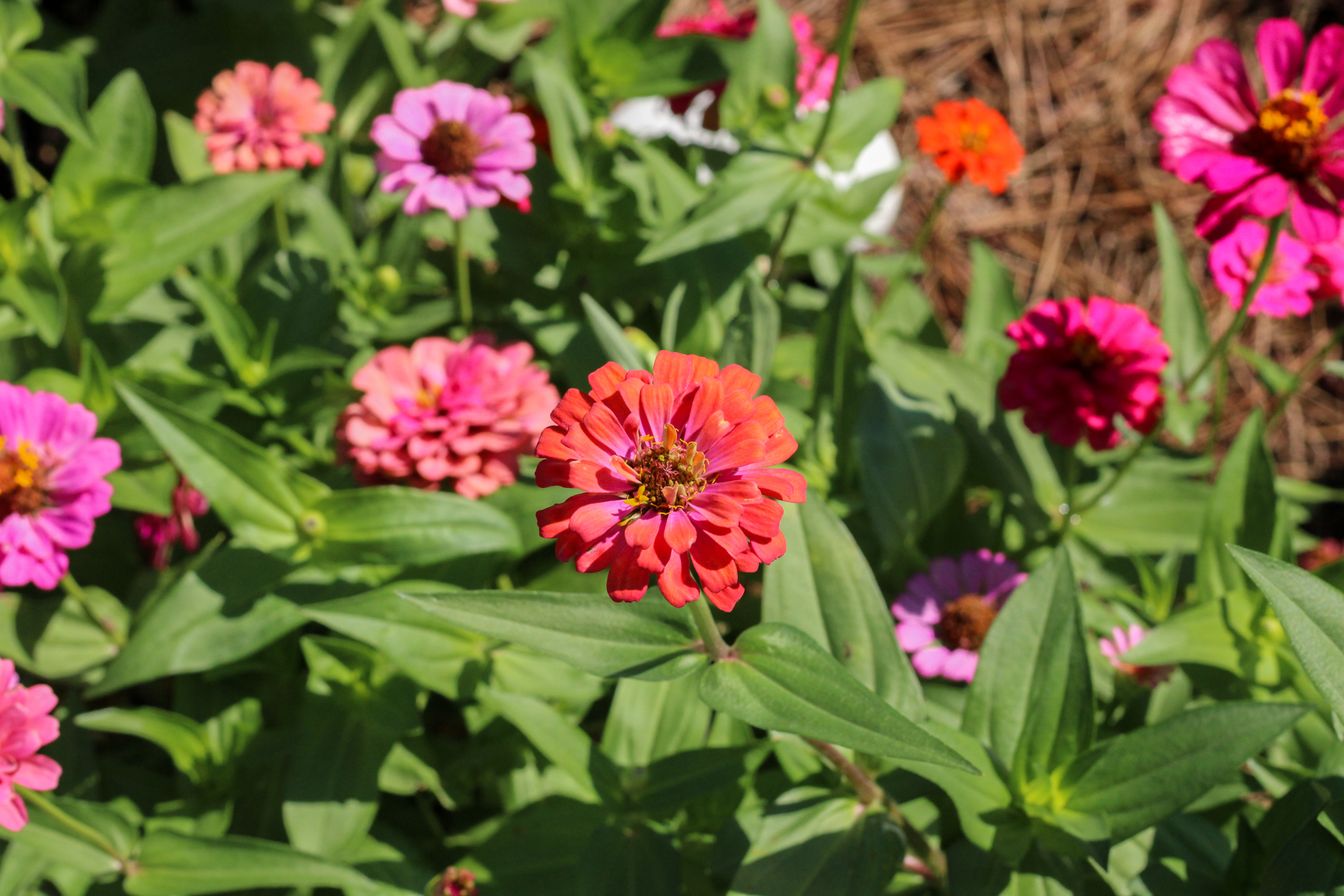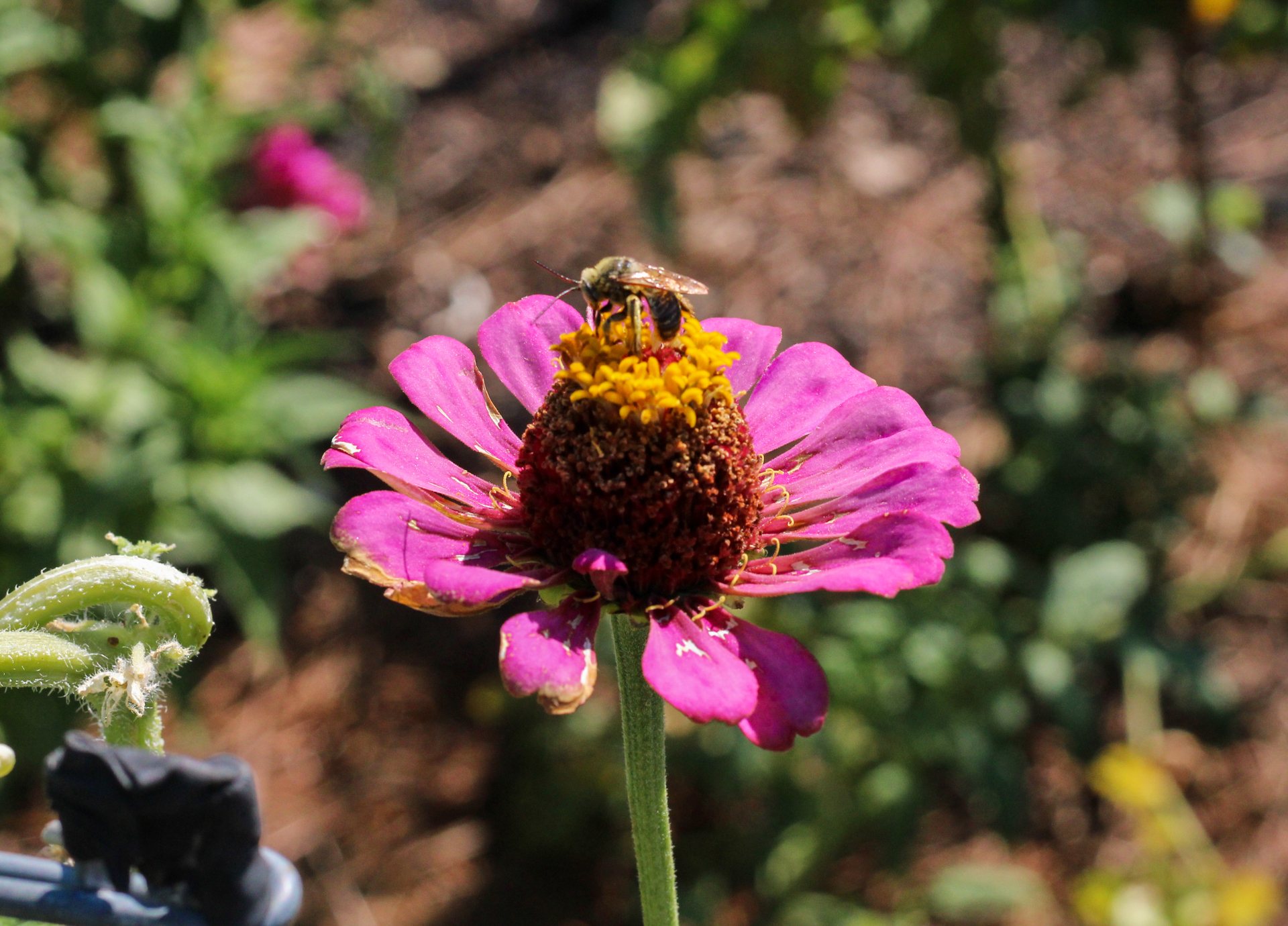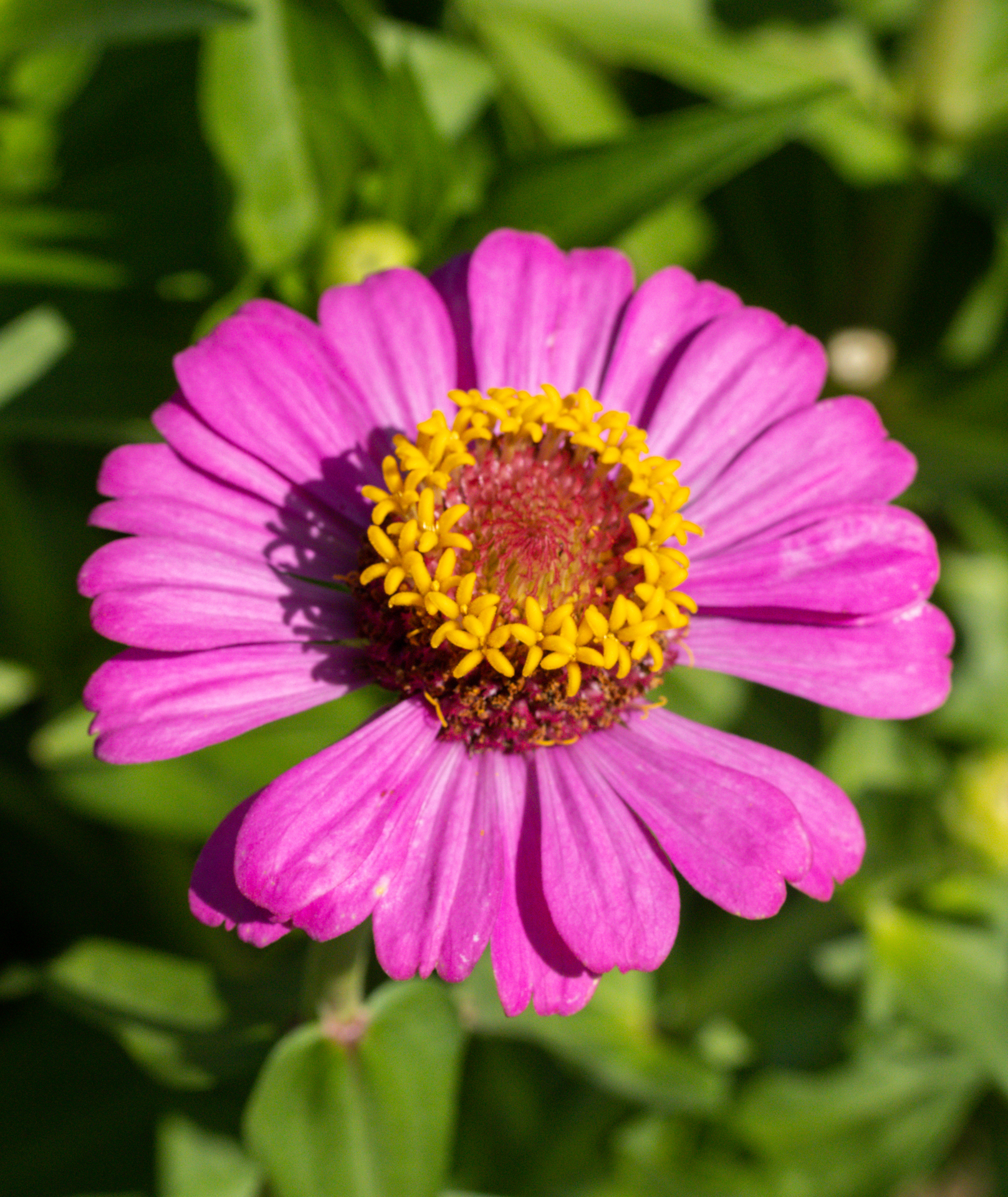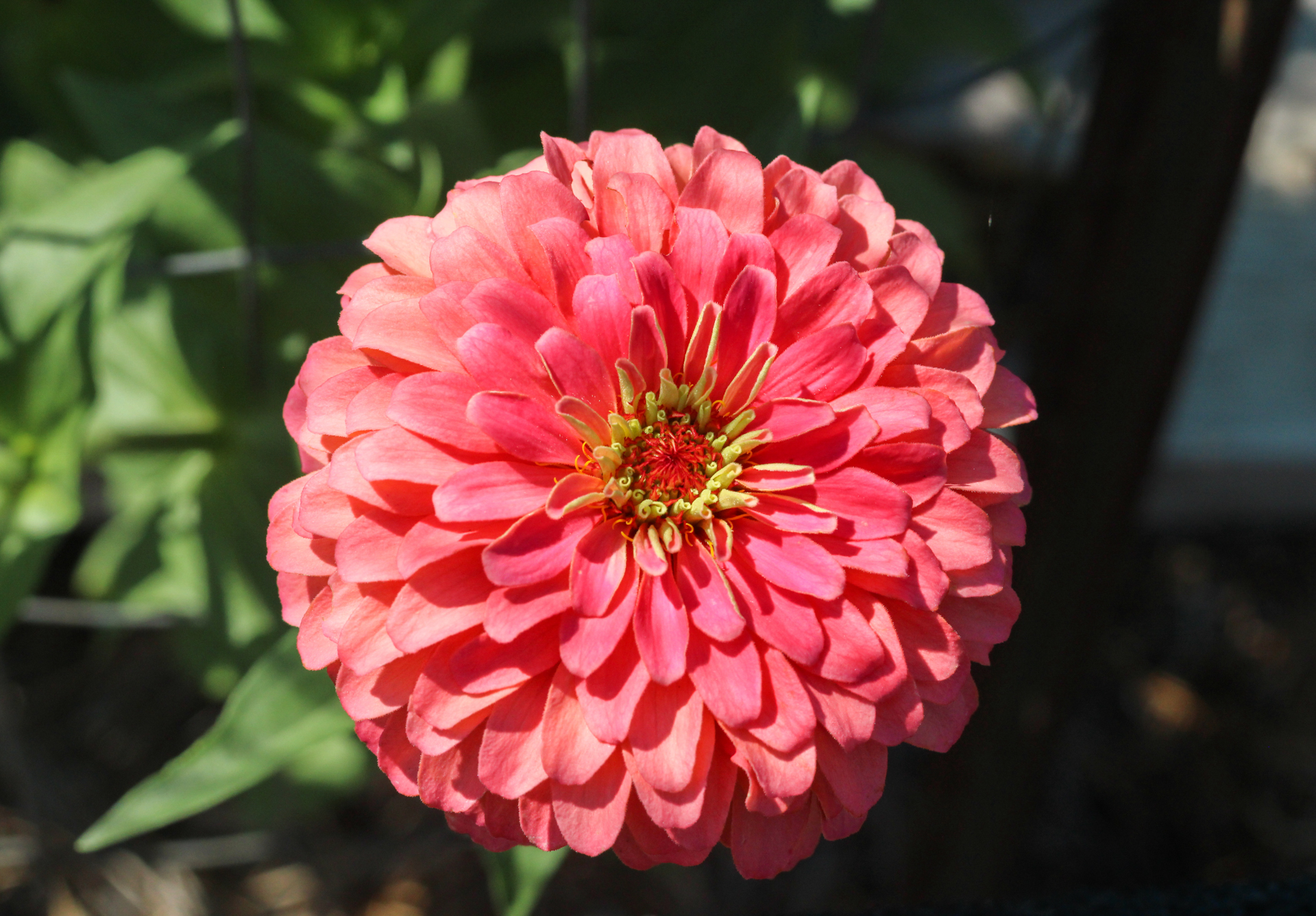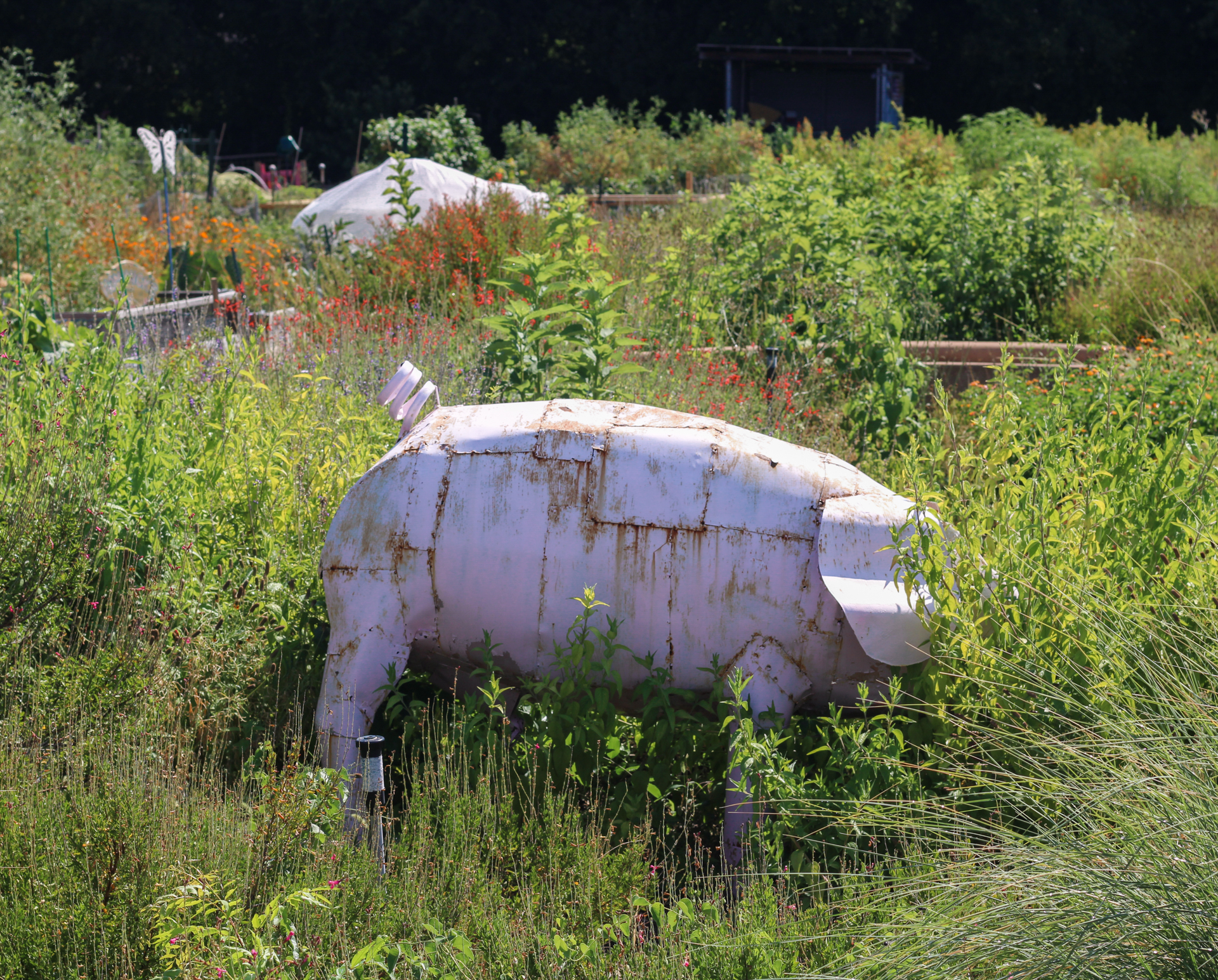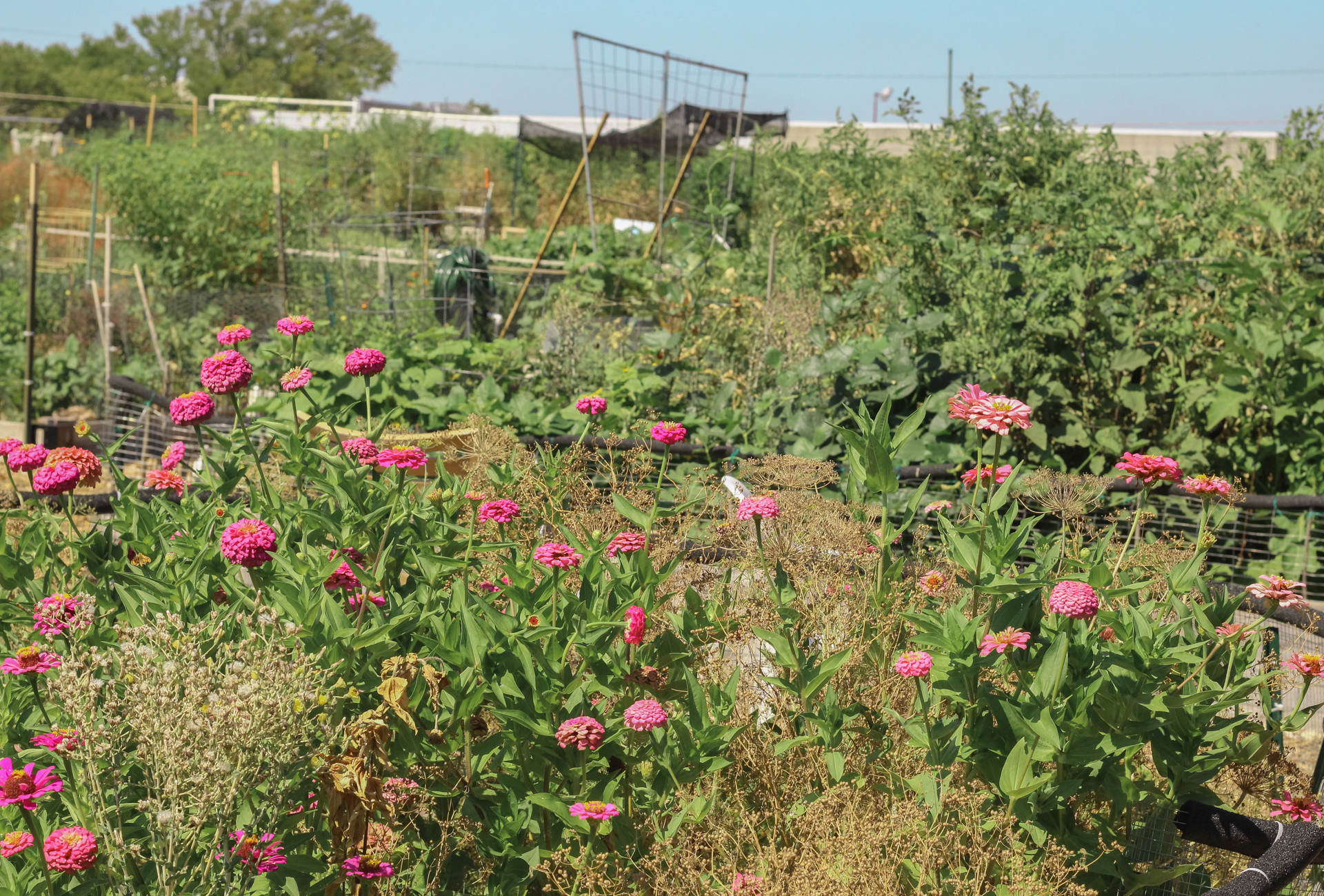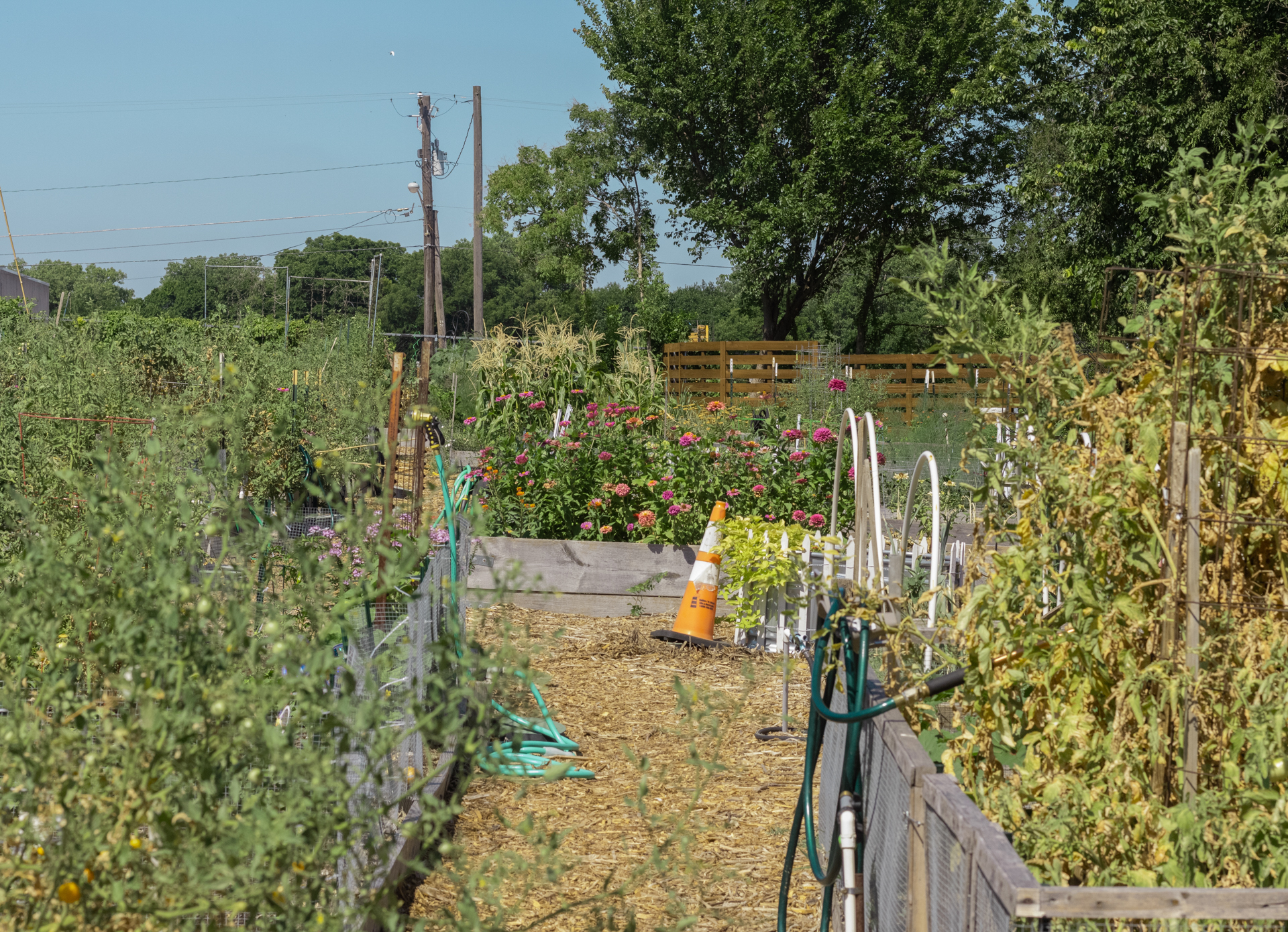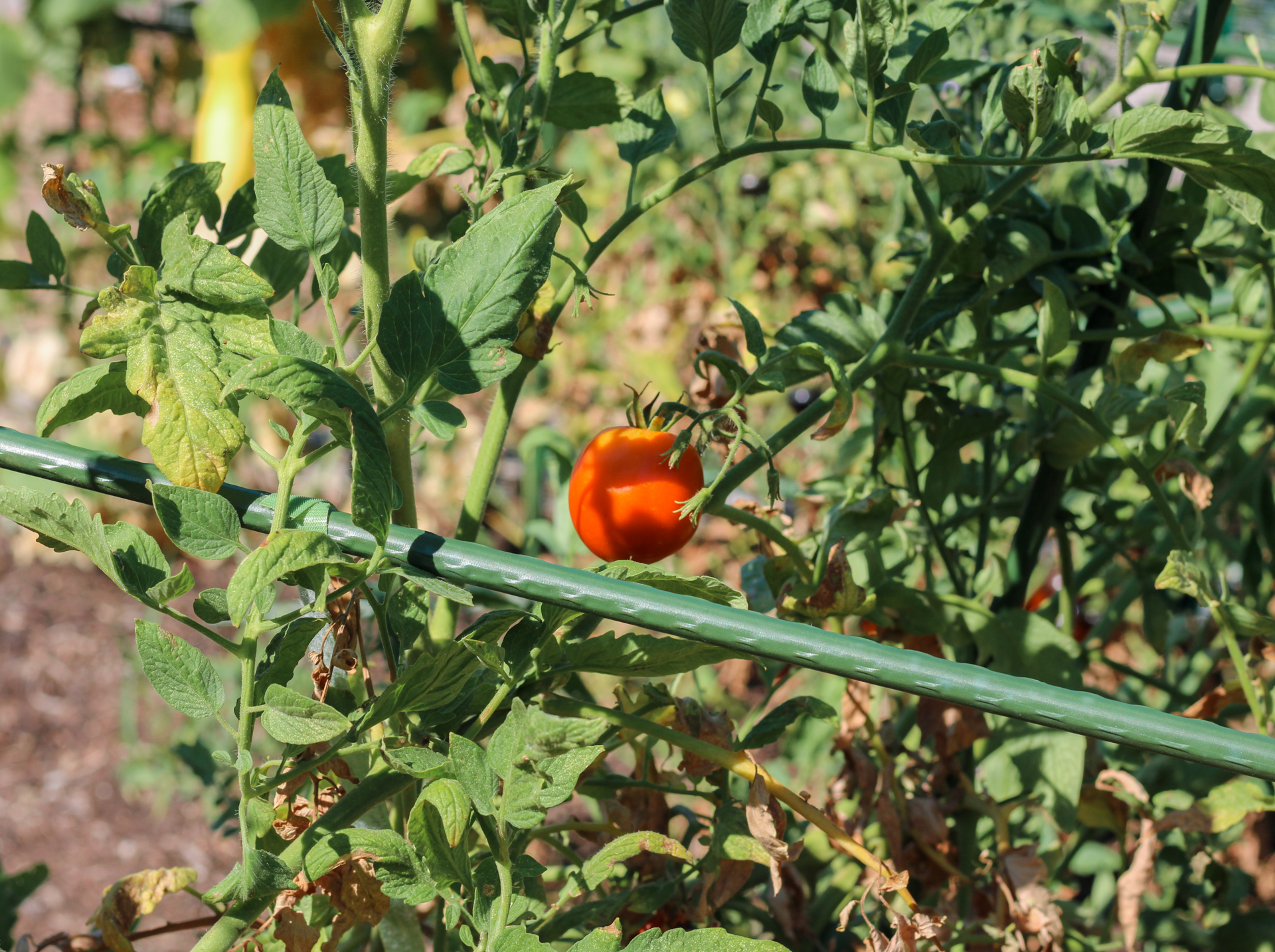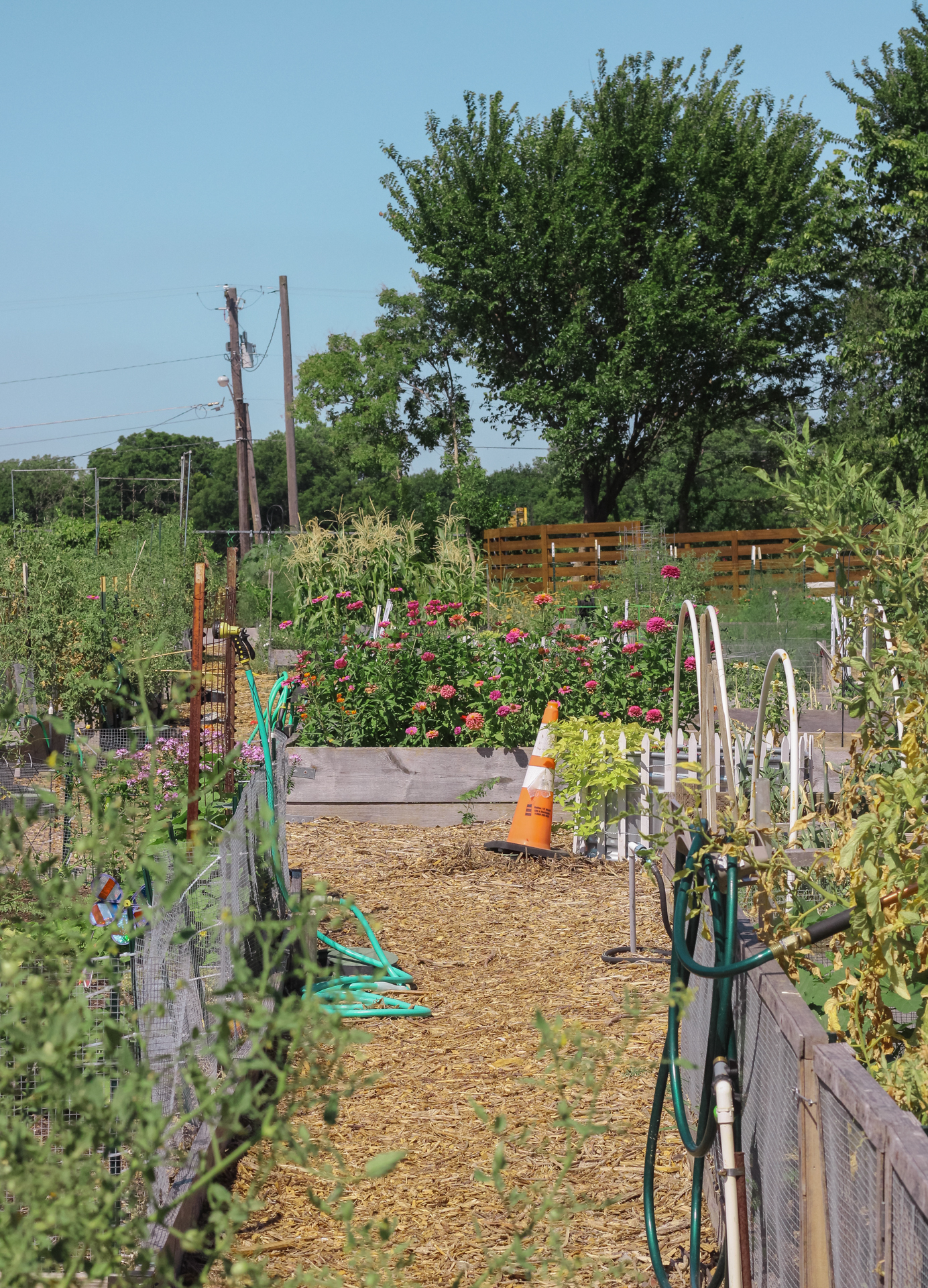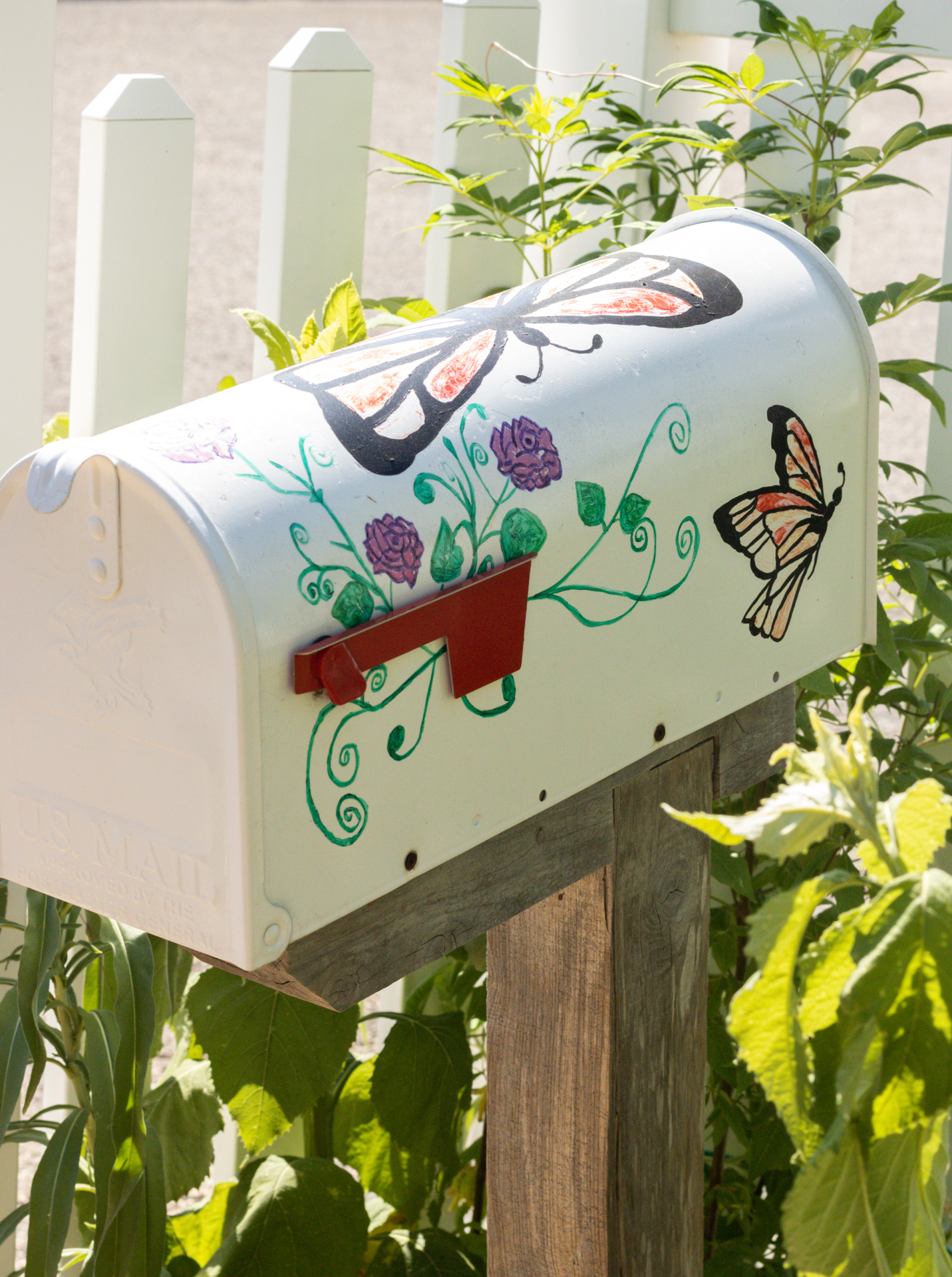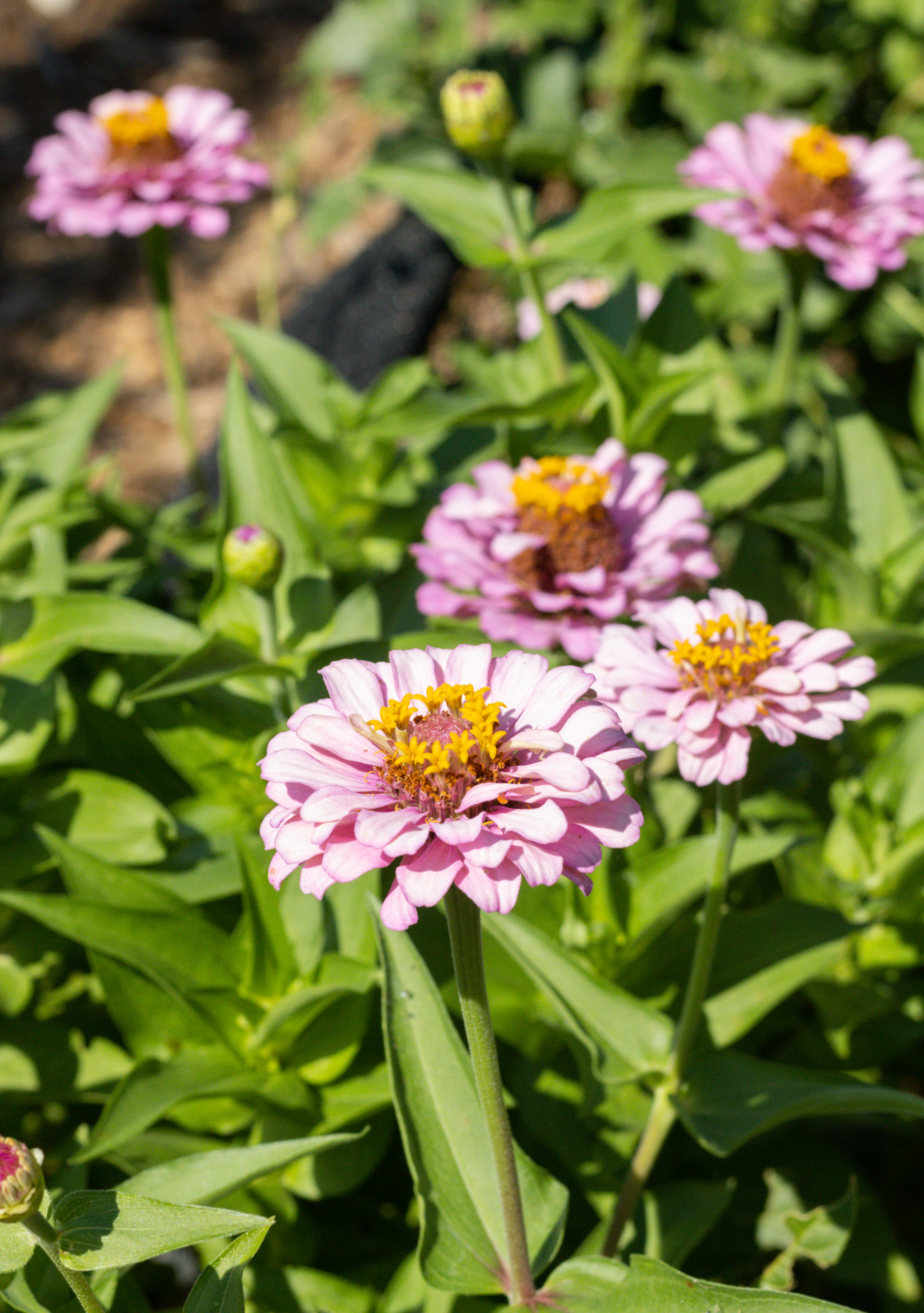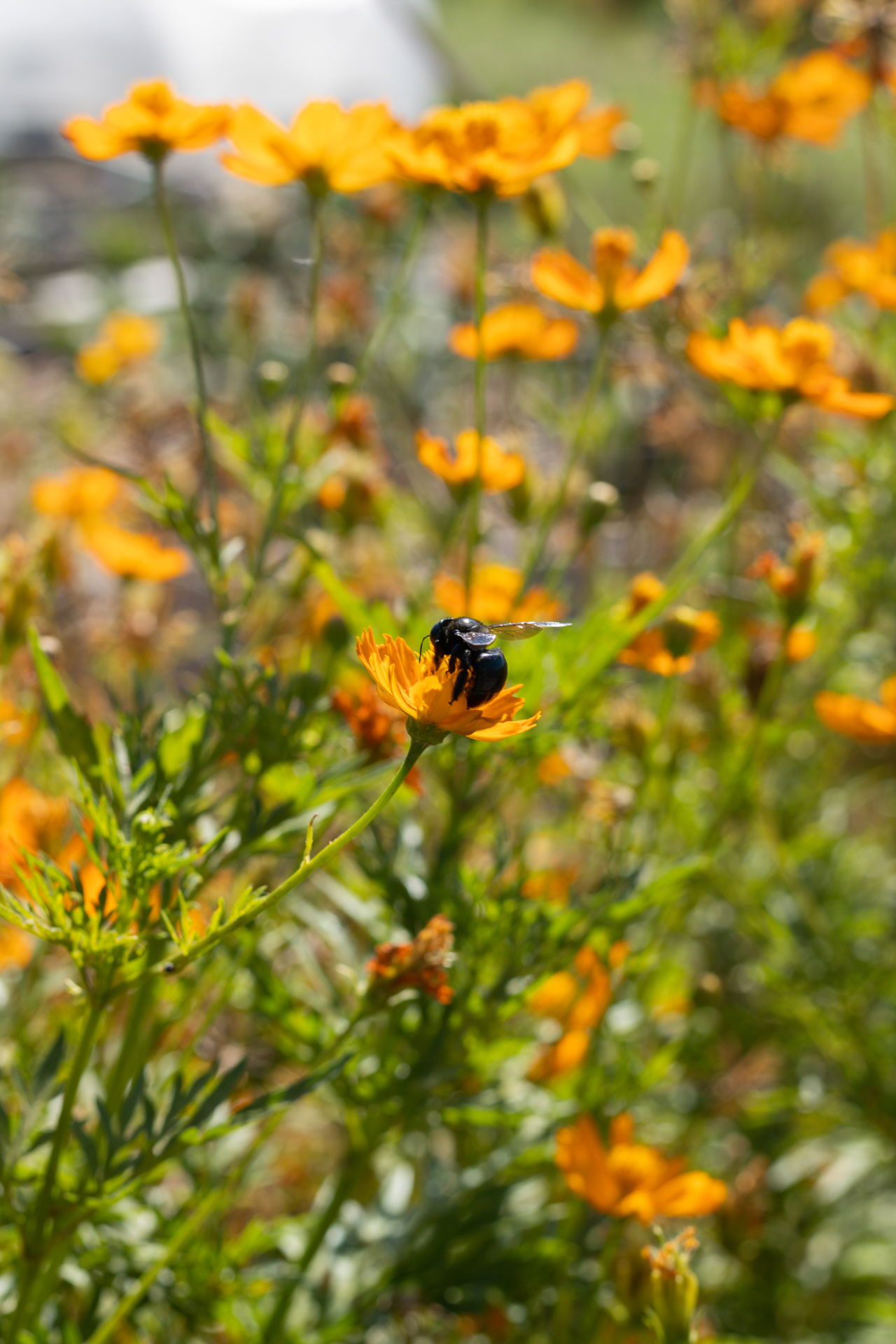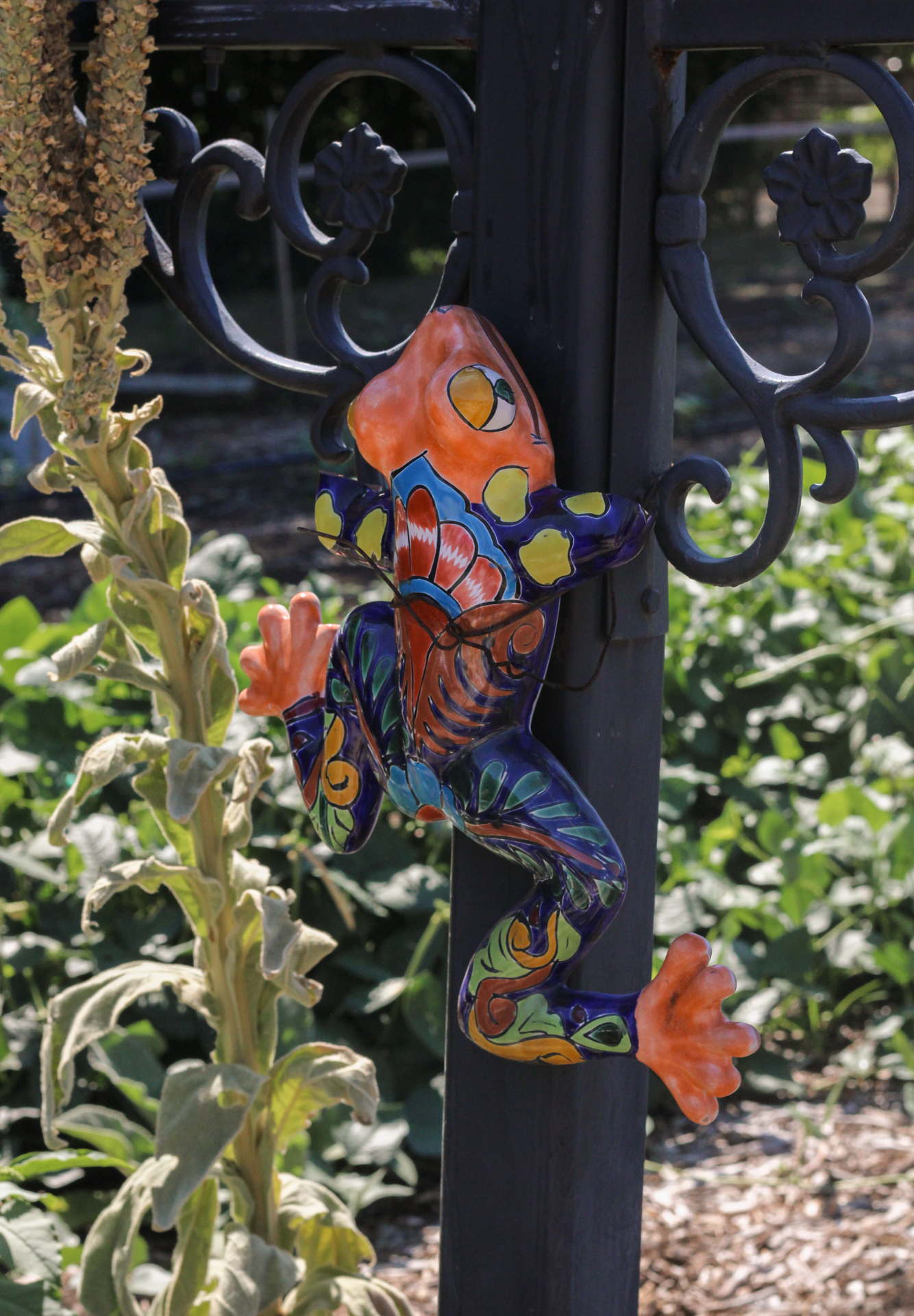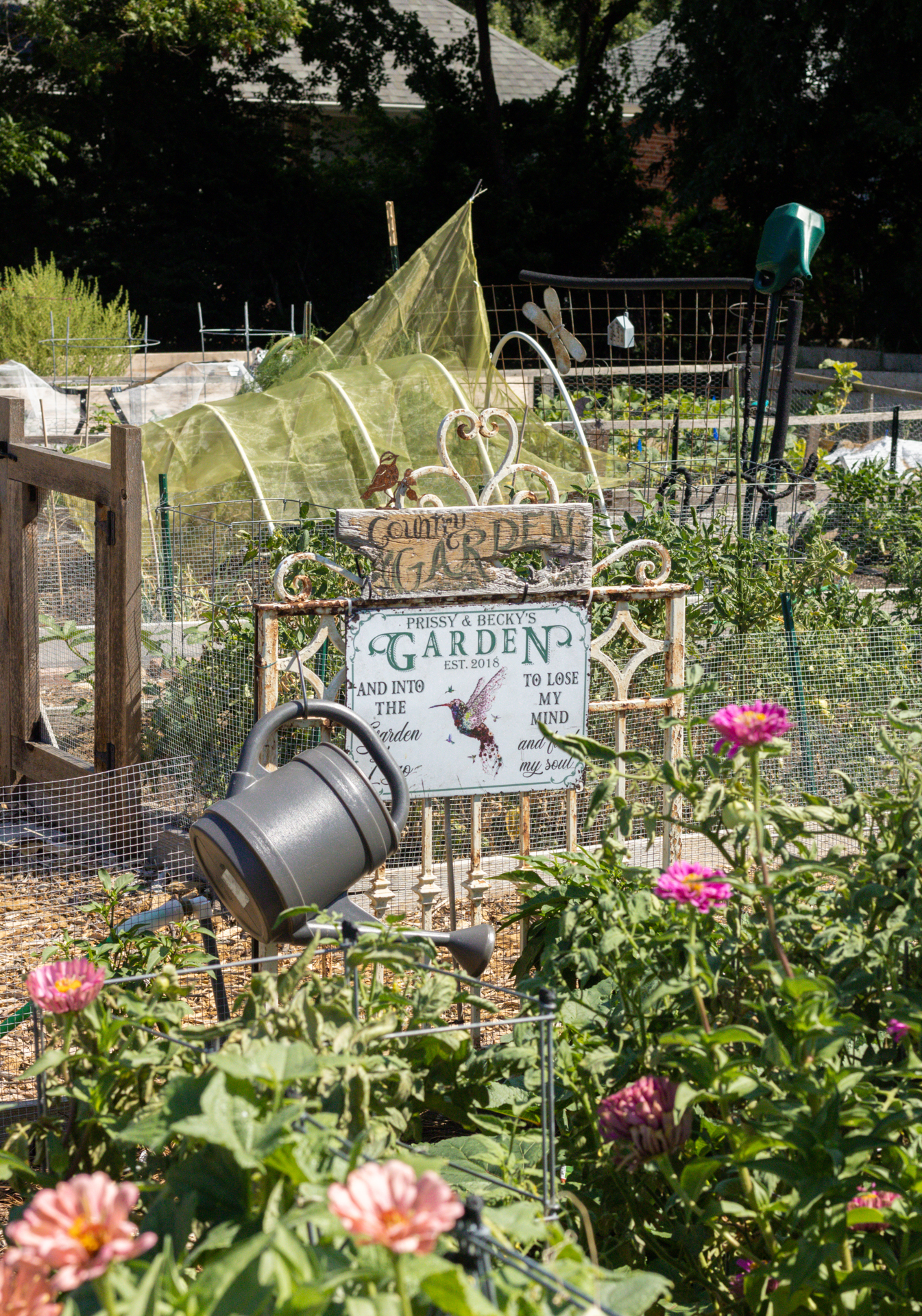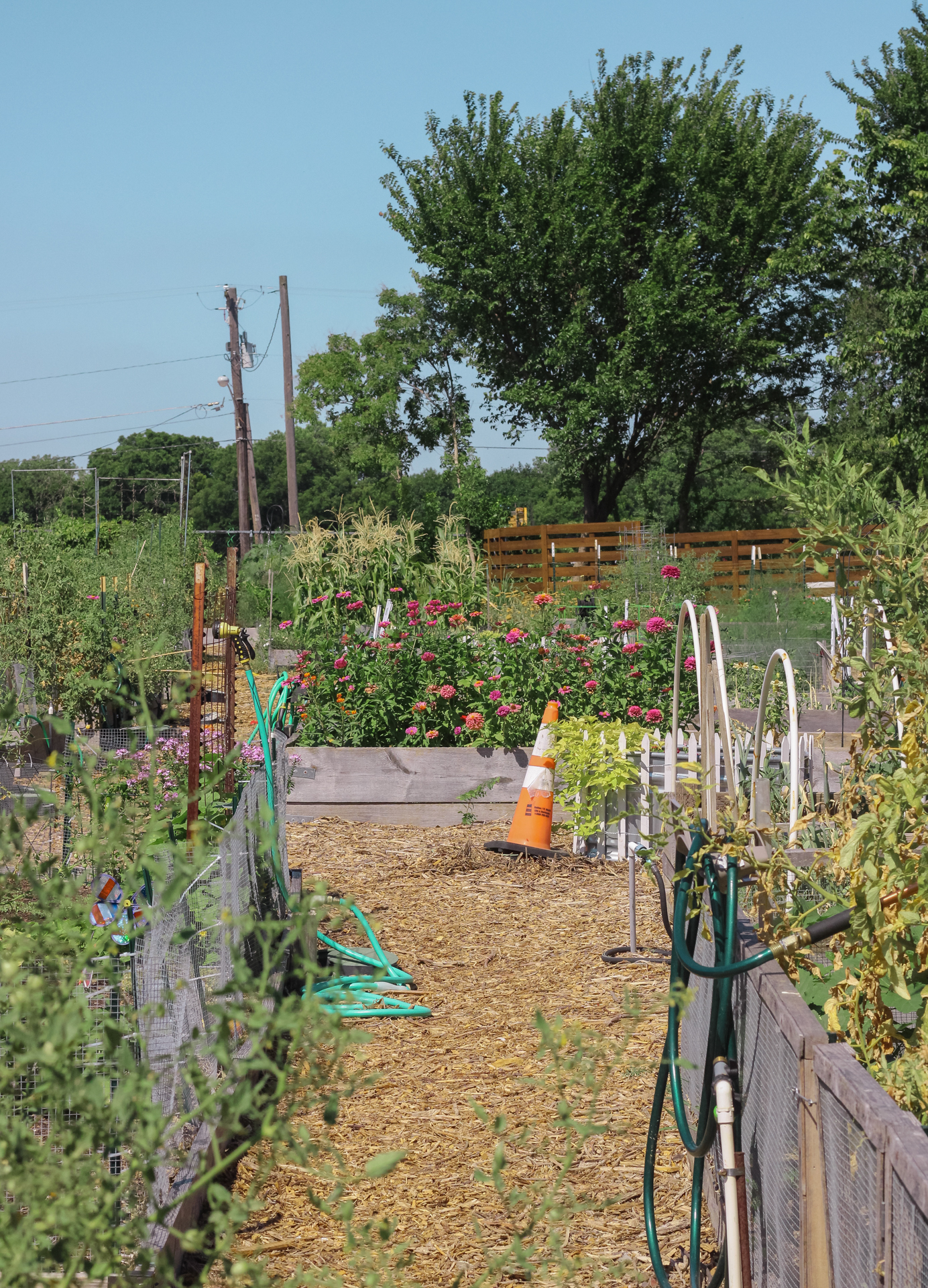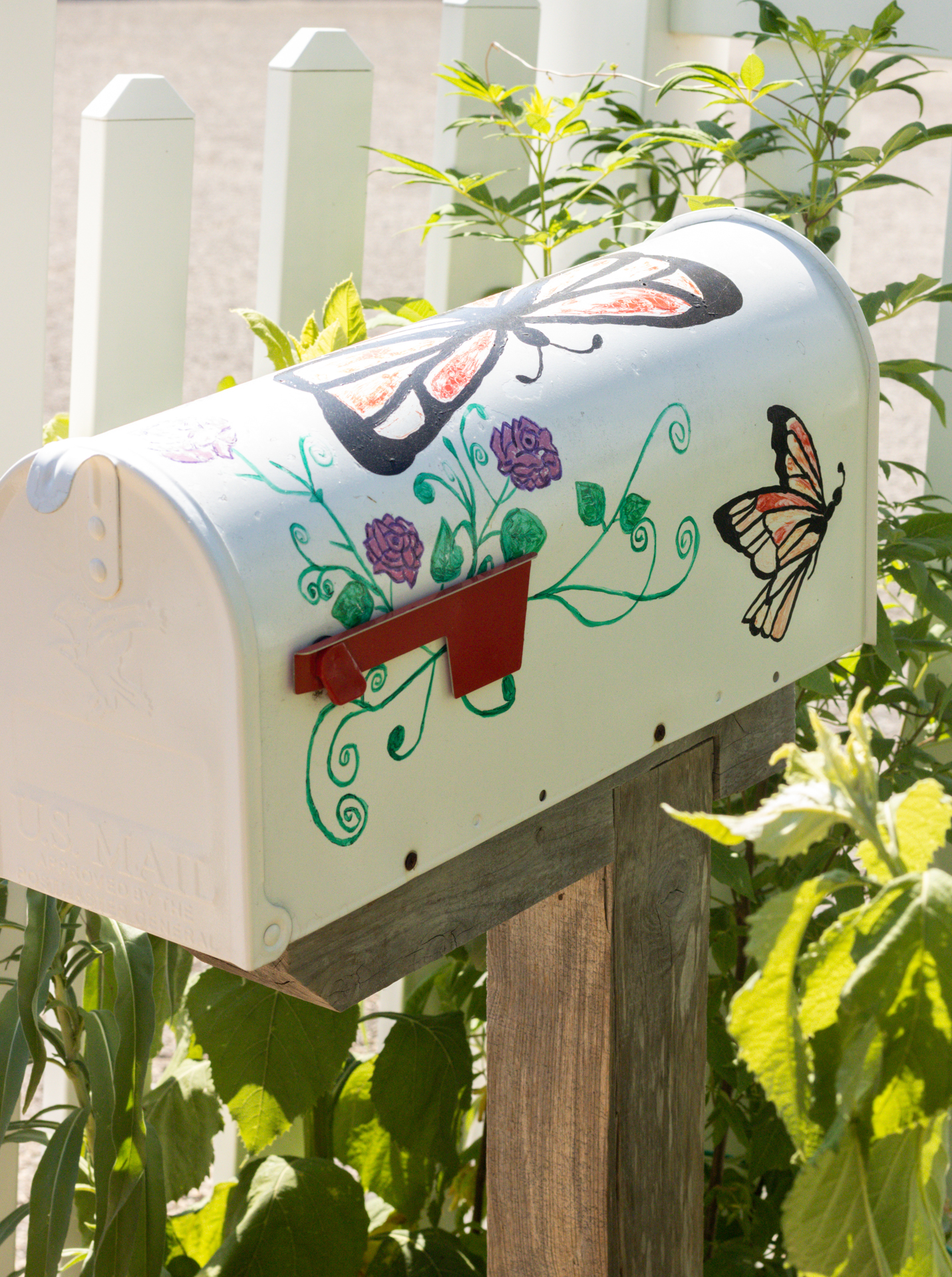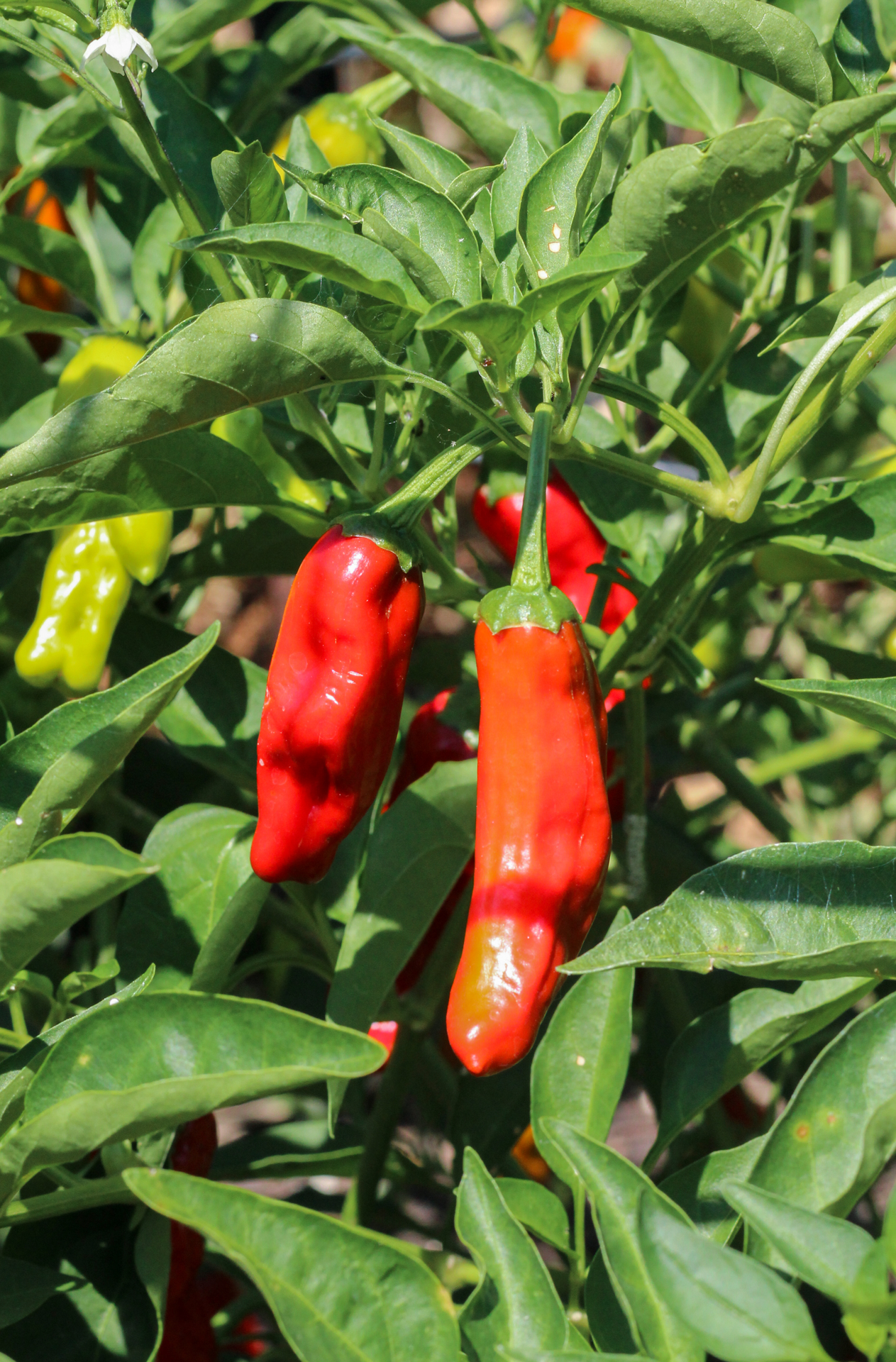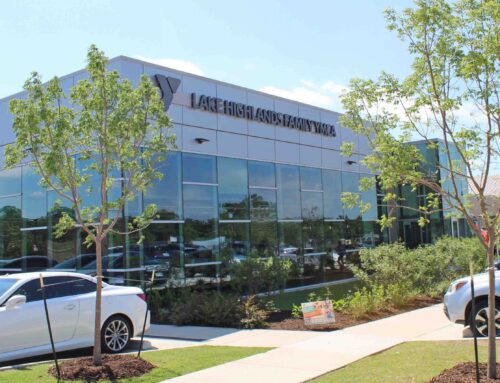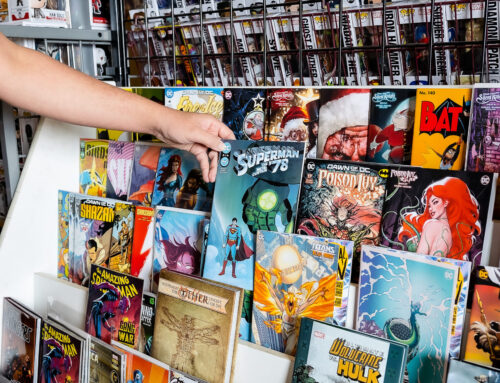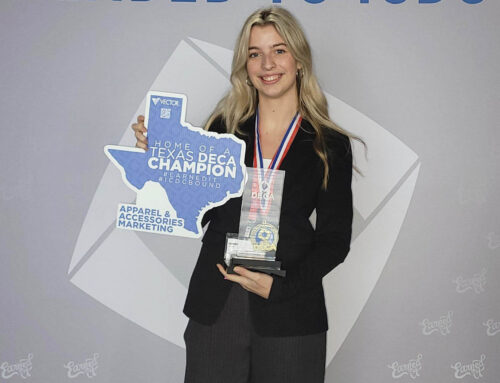Photography by Natalie Murphy.
“I wanted a place to grow tomatoes,” neighbor A.L Nickerson says.
That’s partially the reason he, Robert Curry and Jerry Allen, council members at the time, started the Lake Highlands Community Garden in 2008. The main purpose was to create a space where families could come together and share their love for gardening.
“It’s really not so much the garden that’s important to the community. It’s the community of the community. I know more people in Lake Highlands now than I know probably anywhere else in the city of Dallas,” says Nickerson, who has lived in Dallas for more than 70 years.
The garden found its home behind the Code Compliance building on Goforth Road, which at the time was nothing more than a parking lot. Today, the garden holds 100 plots tended to by nearly 200 gardeners which includes a donation plot, rain garden, butterfly garden and a bee sanctuary.
“I think everybody is very friendly,” says Elizabeth Williams, president of the Lake Highlands Community Garden.“When people leave town, they’ll put out a plea ‘Can you water my garden while I’m gone’ and somebody almost immediately responds and says yes.”
The garden has also hosted community celebrations that encourage plot holders to bring a dish cooked with their own produce to share, potluck style. “This was a godsend during COVID. It was our only social outreach I think,” she says.
Nickerson, the garden plot manager, mentions how it was a nice change being able to talk about something other than the pandemic.
“Nothing bonds you more than a bad tomato crop,” he says.
While most plot holders do have previous gardening experience, no one is turned away from the Lake Highlands Community Garden.
“We take anyone and everyone. The garden is totally open,” Williams says.
Volunteers help maintain the community garden. A good majority of volunteers’ workload is in the donation garden. Produce harvested in this plot, mainly potatoes and onions, is donated to local food banks including The New Room, Vickery Meadow Food Pantry, Episcopal Church of the Ascension, St. Vincent de Paul and Network of Community Ministries.
Produce from the donation plot is picked, refrigerated and delivered to food banks within the week. Gardeners are strongly encouraged to donate any excess produce they have in their plots to food banks as well.
“We donated over 4,200 pounds of fresh produce last year; the goal this year is 4,800 pounds and we’re halfway there,” says Williams.
While the garden is not used commercially, multiple chefs have owned plots there over the years and have featured their produce on restaurant menus across Dallas.
Matt Ford, executive chef at Billy Can Can, has owned a plot since 2012 and works in the demonstration garden, which is used to test new plants to see how well they grow in Dallas. Ford likes to experiment with the garden and often features his own produce at the restaurant.
Gardening can be done in all four seasons which means the community garden is always in use.
In the warmer months, green beans, tomatoes, cucumbers, potatoes, onions and peppers are all grown in the garden. The fall season includes okra, field peas, sweet potatoes and squash.
With a current surplus of tomatoes, Nickerson and Williams have to be creative about not letting them go to waste. Williams likes to make tomato sauce but Nickerson takes the approach of handing them out to others.
“I have tomatoes everywhere. Yesterday I think I gave probably 10 pounds easily to my brother-in-law. I’ve given 10 pounds to my next door neighbor.” he says. “Take a Kroger sack and fill it as full as you can with tomatoes and hand it to somebody.”
A big part of what makes the gardens’ produce so successful are pollinators. The bee sanctuary and butterfly garden are a part of the community too.
Although the garden has a beekeeper, the bees are usually docile and keep to themselves.
“Our technique is to live and let live,” Williams says.
As a nonprofit, the Lake Highlands Community Garden is always looking for community support via donations and volunteerism, especially from those interested in owning a plot. For more information on how to get involved, visit lhgarden.org.

